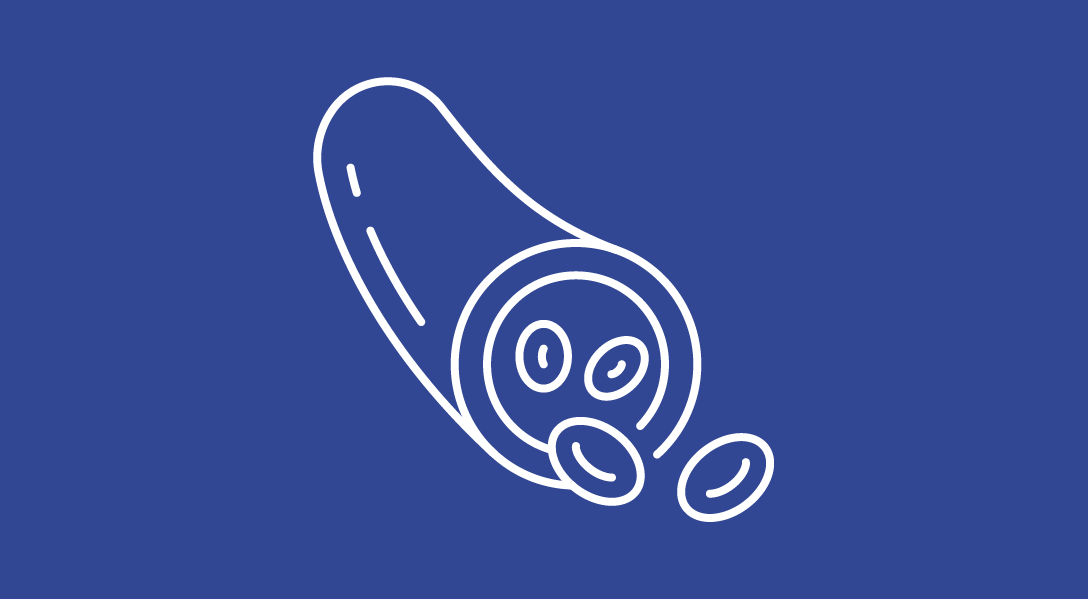Amber Pierce Underscores the Importance of 2-Step Verification With Relatlimab/Nivolumab
Amber Pierce RN, BSN, OCN, highlights the importance of a 2-step verification process with fixed-dose regimen therapies.
On this episode of The Vitals, Oncology Nursing News® talks with Amber Pierce RN, BSN, OCN, regional nurse manager at Oncology Hematology Associates, an American Oncology Network partner practice, about the importance of 2-step verification with nivolumab and relatlimab-rmbw (Opdualag), which was approved for patients with unresectable or metastatic melanoma in March 2022.1
The FDA approval was supported by data from the phase 2/3 RELATIVITY-046 trial (NCT03470922), which demonstrated that patients who received nivolumab/relatlimab as a frontline treatment experienced a median progression-free survival (PFS) that was double that of patients who received nivolumab alone.
As Pierce highlights in the discussion, the combination is novel because relatlimab is a LAG-3 inhibitor. Moreover, the combination was approved as a fixed dose regimen comprised of a single intravenous infusion of 480 mg nivolumab and 160 mg relatlimab to be given every 4 weeks. Because of this, it is important that nurses understand the potential risk of medication errors.
“I think that’s what makes it really unique, because there are other drugs that have a combination of 2 drugs in them, but they may be dosed only on 1 of the drugs that’s in that vial; whereas this particular drug is a flat dose of 640 [mg],” Pierce says.
“That is where there can be some confusion and some misunderstanding between how we are actually dosing these patients,” she adds.
Episode Notes
“Opdualag is a combination of nivolumab and relatlimab; it is a new combination of the PD-1 inhibitor, which is your nivolumab and the LAG-3 blocking antibody, which is your relatlimab.” Time stamp (TS) 4:13
“It is really important for nurses to understand and pay attention to what the drug amount is [with] the medication that they are infusing and [that they are] double checking.” TS 6:56.
“As a nurse, we are the last line of defense, so to speak, before [therapies] reach the patient. As nurse, it is our responsibility to make sure that patient safety is a top priority.” TS 8:37
Podcast
Online Articles
- Independent 2-Nurse Verification Process in Distribution of Oral Investigational Chemo/Immunotherapy Proves Helpful
- Updated PFS Data Continue to Support Nivolumab Plus Relatlimab in Advanced Melanoma
- Experts Provide an Institutional Perspective on the Safe Handling of Immunotherapy Treatments
Video Interviews
- Stephanie Jackson on Improving the Double Verification Process For High-Alert Medications
- Expert Talks Significance of Relatlimab/Nivolumab Approval for Metastatic Melanoma
Reference
- US Food and Drug Administration approves first LAG-3-blocking antibody combination, Opdualag (nivolumab and relatlimab-rmbw), as treatment for patients with unresectable or metastatic melanoma. News release. Bristol Myers Squibb; March 18, 2022. Accessed May 16, 2023. https://bit.ly/3wk6PDx



